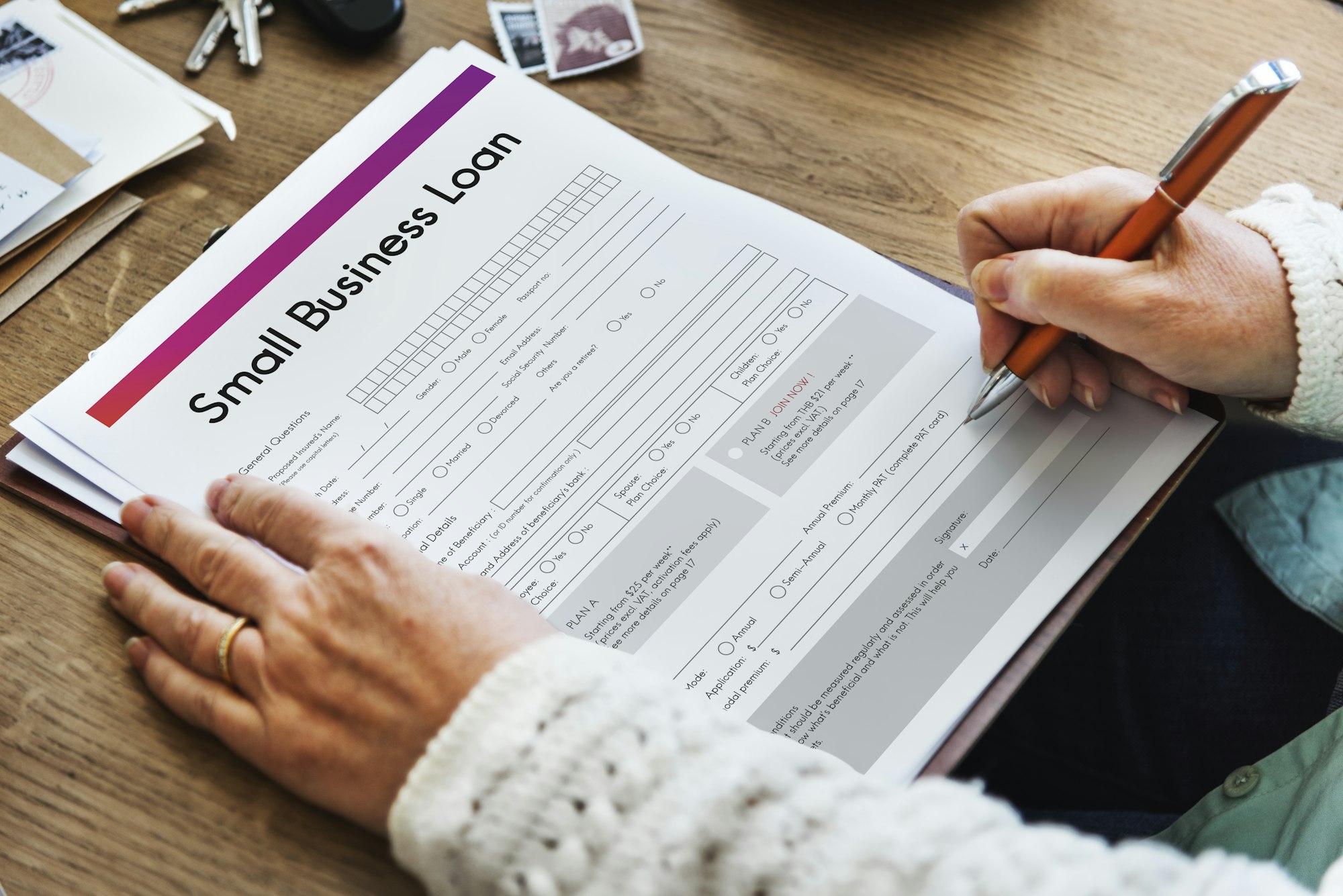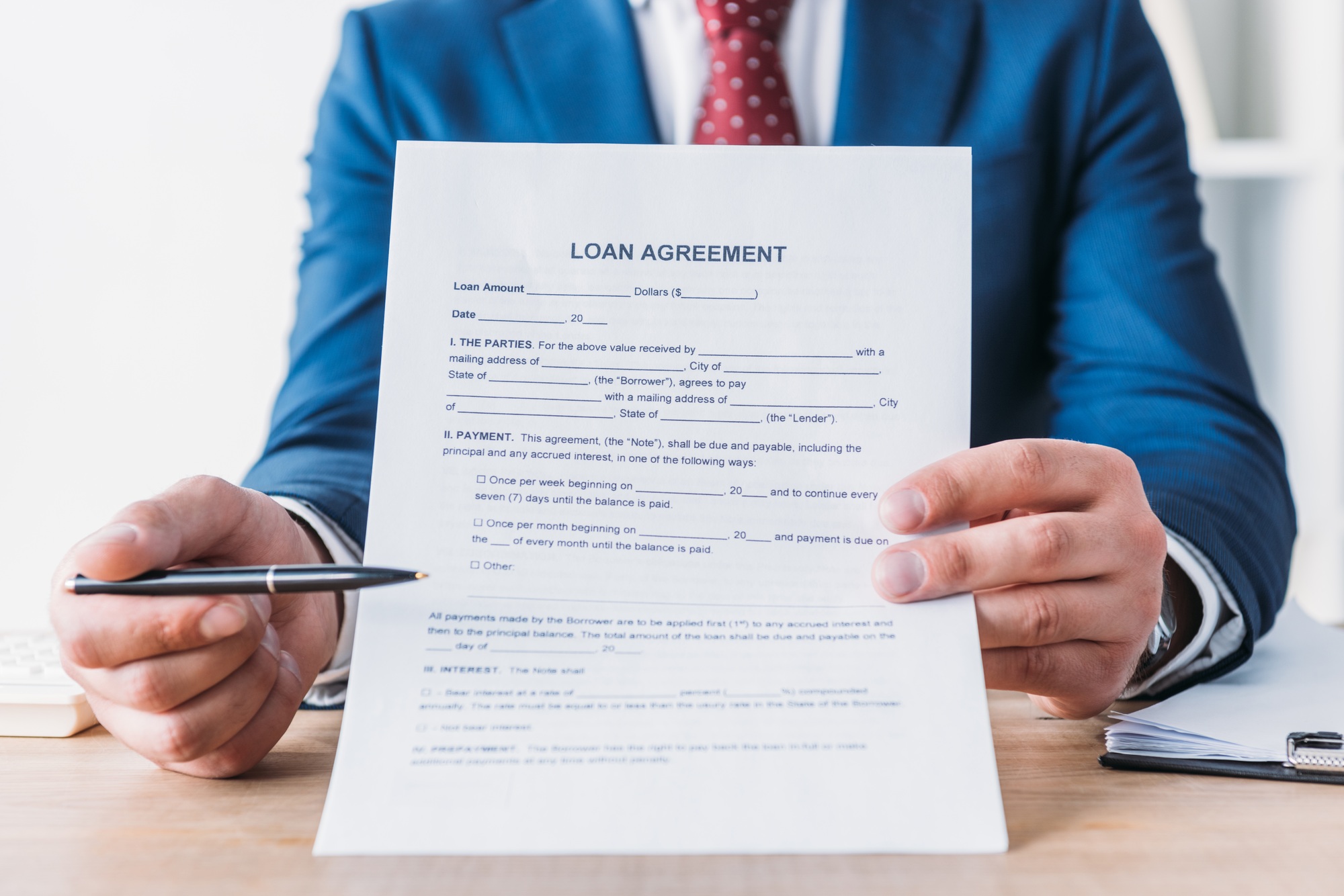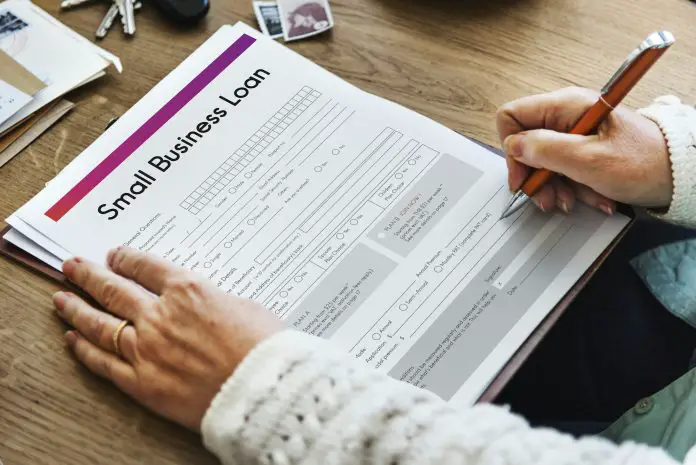Key Takeaways

- Loan as a Financing Tool: A loan to buy a business provides essential capital to acquire an existing business or startup, enabling entrepreneurs to pursue their ownership dreams without needing all funds upfront.
- Types of Loans: Various loan options exist for buying a business, including Small Business Loans, SBA Loans, Traditional Bank Loans, Business Acquisition Loans, and Asset-Based Loans, each designed to cater to specific financing needs.
- Financial Benefits: Utilizing a loan offers financial flexibility through lower down payment requirements, longer repayment terms, and the ability to leverage existing assets, thereby enhancing purchasing power.
- Eligibility Criteria: Securing a loan hinges on strong credit scores (personal and business) and business valuation, with most lenders preferring minimum requirements like a personal credit score of 690 and annual revenue of $100,000.
- Preparation is Key: Thorough preparation for a loan application is critical, requiring essential documentation such as a business valuation, financial statements, tax returns, and a solid business plan to increase approval chances.
Thinking about buying a business? You’re not alone. Many aspiring entrepreneurs turn to loans as a practical way to finance their dream. A loan to buy a business can open doors to new opportunities and help you take that leap into ownership.
Understanding the ins and outs of business loans is crucial. From different types of financing to what lenders look for, being informed can boost your chances of securing the right funding. With the right approach, you can turn your vision into reality and set yourself on a path to success. Let’s dive into the essentials of financing your business purchase.
Understanding Loan To Buy A Business

Loans serve as a critical financing tool for buying a business. Understanding the types available and their specific purposes can significantly aid your decision-making process.
Definition and Purpose
A loan to buy a business provides you with capital to purchase an existing business or startup. The primary purpose of these loans is to enable you to acquire a company without needing all the funds upfront. Securing financing through these loans allows you to invest in growth opportunities and streamline operations, ultimately driving your entrepreneurial success.
Types of Loans Available
You can choose from various loan types tailored for buying a business, including:
- Small Business Loans: These loans cater specifically to small businesses, offering flexible terms and competitive rates. You can use them for acquiring businesses, purchasing inventory, or funding operational expenses.
- SBA Loans: The Small Business Administration (SBA) offers guaranteed loans through partnering lenders. These loans come with favorable terms, making them ideal for purchasing a business. They often feature lower interest rates and longer repayment periods.
- Traditional Bank Loans: Traditional lenders provide loans based on your creditworthiness and business performance. These loans typically require collateral and detailed business plans for approval.
- Business Acquisition Loans: These specialized loans target purchasing an existing business. Lenders assess the business’s cash flow and financial health to determine eligibility.
- Asset-Based Loans: If you plan to buy a business using its assets, asset-based loans can provide the necessary capital. These loans allow you to leverage equipment, inventory, or accounts receivable as collateral.
Familiarizing yourself with these options equips you to make informed financial decisions in your business acquisition journey.
Benefits of Using a Loan To Buy A Business

Utilizing a loan to acquire a business provides several financial advantages that support your journey as a small business owner.
Financial Flexibility
Using a loan for your business purchase grants financial flexibility in crucial areas:
- Lower Down Payment Requirements: Small business loans, especially SBA loans, often necessitate a down payment as low as 0% to 10%. This lower threshold allows you to invest without needing significant upfront capital.
- Longer Repayment Terms: SBA 7(a) loans feature repayment terms extending up to 10 years for most acquisitions, and even 25 years if real estate is involved. Longer repayment terms result in manageable monthly payments, giving your business time to generate cash flow that can cover the loan.
- Flexible Payment Terms: Many loans come with adjustable payment options. This flexibility can be especially crucial during your business’s transition period.
Leveraging Existing Assets
Leveraging existing assets can enhance your purchasing power:
- Use of Collateral: By using your business’s assets as collateral, you increase your chances of securing a loan. Lenders view this as reduced risk, allowing you to negotiate better terms on your loan.
- Maximizing Financial Resources: Securing a loan enables your business to access additional capital without depleting personal or company savings. This strategy can cover operational costs, inventory, or necessary renovations.
- Building Business Credit: Successfully repaying a loan strengthens your business credit profile. A solid credit history supports future financing needs and opens doors to better loan options.
Using a loan to buy a business empowers you to achieve your entrepreneurial goals with financial strength and strategic resource management.
Criteria for Qualifying for a Loan

Your eligibility for a loan to buy a business hinges on several critical factors, primarily focusing on credit scores and business valuation considerations.
Credit Score Requirements
Lenders frequently assess personal and business credit scores. For traditional bank loans and SBA loans, a personal credit score needs to be 690 or higher. Some online lenders are more flexible, accepting scores as low as 500, but it’s best to aim for higher. Business credit scores also matter; a score of 70 or above is typically seen as good, though standards may differ by lender. Solid credit scores reflect financial reliability, increasing your chances of securing a small business loan.
Business Valuation Considerations
Lenders evaluate your business’s financial health through revenue and business history. Most require a minimum annual revenue of $100,000, though this can vary. An established business usually strengthens your application; lenders often prefer companies with at least three years of operational history. This experience indicates stability and increases confidence in your ability to manage the loan effectively. When seeking a loan to buy a business, ensure your financial records demonstrate consistent revenue and reliable growth.
Preparing to Apply for a Loan

Preparing for a loan to buy a business requires essential steps. Being thorough in your documentation and planning increases your chances of approval.
Documentation Needed
Lenders request specific documents to evaluate your application. Key documents include:
- Business Valuation: Obtain an independent assessment of the business’s economic value based on assets, earnings, and market conditions.
- Letter of Intent: Draft a signed letter detailing the sale terms. Include the purchase price, assets, and liabilities you’ll assume.
- Financial Statements: Provide personal and business financial statements, including income statements, balance sheets, and cash flow statements.
- Tax Returns: Submit personal and business tax returns for the last three years to demonstrate financial stability.
- Credit Reports: Prepare for lenders to review both your personal and business credit scores to determine your creditworthiness.
Crafting a Solid Business Plan
A well-structured business plan enhances your loan application. Key components of a solid business plan include:
- Executive Summary: Define your vision and the purpose of the business.
- Market Analysis: Conduct research on market conditions, competition, and target customers.
- Marketing Strategy: Outline strategies for attracting and retaining customers, including pricing, promotions, and distribution channels.
- Management Plan: Detail your management structure and team qualifications.
- Financial Projections: Include projections that demonstrate the potential revenue, profits, and cash flow over the first few years.
By preparing the right documentation and crafting a solid business plan, you can present a compelling case for obtaining a small business loan to buy the business you desire.
Conclusion

Securing a loan to buy a business can be a game changer for your entrepreneurial journey. It provides the capital needed to make your dream a reality without draining your personal savings. By understanding the different loan types and preparing your application meticulously, you can significantly boost your chances of approval.
Remember to focus on building a strong business plan and gathering the necessary documentation. This preparation not only enhances your application but also positions you for future growth. With the right approach to financing, you can embark on your business ownership adventure with confidence and financial strength.
Frequently Asked Questions

What types of loans are available for buying a business?
Loans for buying a business include Small Business Loans, SBA Loans, Traditional Bank Loans, Business Acquisition Loans, and Asset-Based Loans. Each loan type has specific terms and purposes, allowing entrepreneurs to select the best fit for their financial needs.
How do I qualify for a business loan?
To qualify for a business loan, lenders typically assess personal and business credit scores, with a personal score of 690 or higher preferred for traditional loans. Business valuation, including a minimum annual revenue of $100,000 and operational history of at least three years, is also crucial.
What documents do I need for a loan application?
Key documents for a loan application include a business valuation, personal and business financial statements, tax returns for the last three years, credit reports, and a letter of intent outlining sale terms. A solid business plan is also essential.
Why should I use a loan to buy a business?
Using a loan to buy a business provides financial flexibility, allowing lower down payments and longer repayment terms. Loans enable entrepreneurs to leverage assets, protect personal savings, and build business credit for future funding opportunities.
How can I improve my chances of loan approval?
To improve your chances of loan approval, prepare thorough documentation, including personal and business financial statements, and craft a strong business plan. A clear executive summary, market analysis, and financial projections can make your application more compelling.
Image Via Envato



